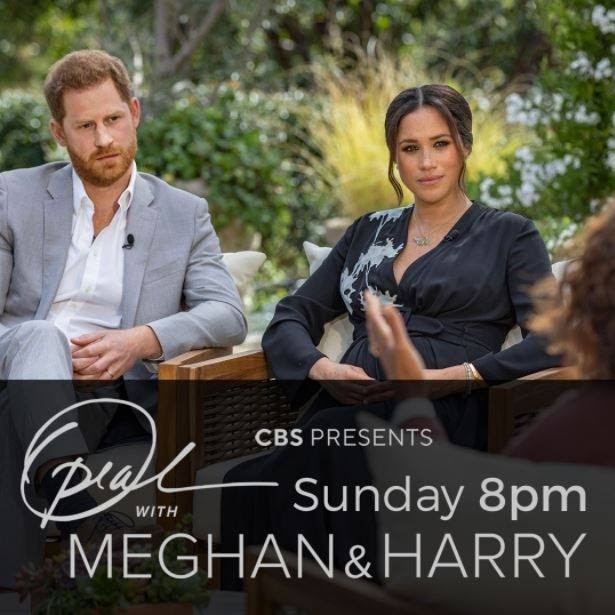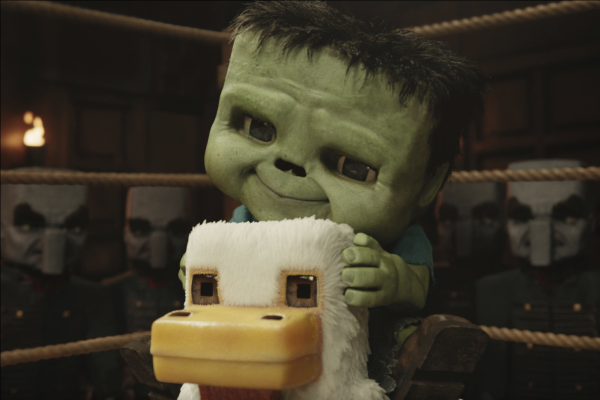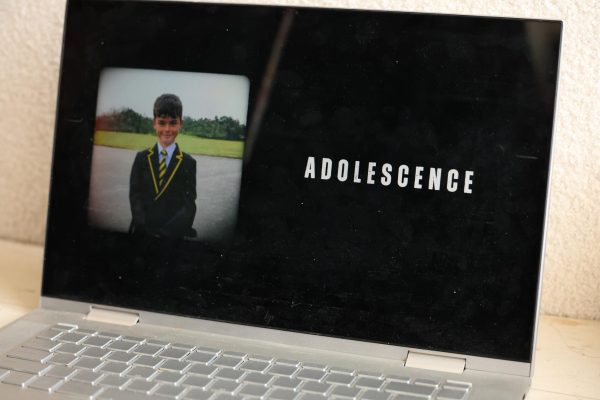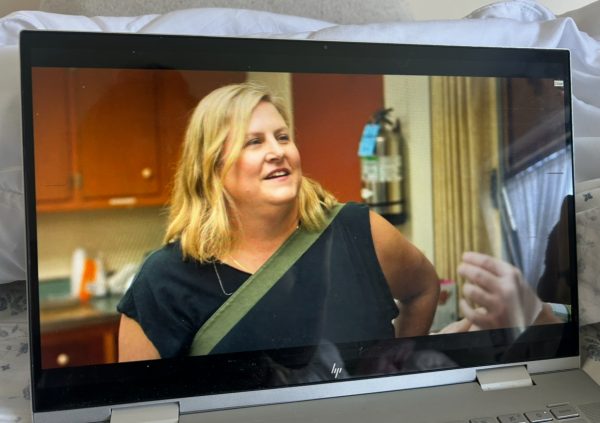Oprah Winfrey’s Interview Kickstarts a Global Discussion About Race and Mental Health
“Were you silent, or were you silenced?” Perhaps one of the most poignant questions Oprah Winfrey asked Meghan Markle during their interview televised on CBS March 7. With over 17 million viewers, Oprah allowed the Duke and Duchess of Sussex to break their silence and address the heartbreaking experiences they’ve endured since Markle joined the royal family in 2018.
One of the most shocking revelations of the program was the reveal that someone in the royal family questioned how dark the skin of Archie, Prince Harry and Meghan’s first child, would be prior to his birth. While the couple refrained from revealing who was behind this line of racist questioning, Oprah confirmed on “CBS This Morning” that Prince Harry wanted to stress it did not come from his grandparents, Queen Elizabeth II and Prince Phillip.
The interview allowed Markle to have an open discussion about racism within the royal family and the media centered around her and her husband’s decision to leave the United Kingdom. In one of the interview’s most impactful moments, not included in the actual broadcast, Markle evaluated her experience in the context of Kate Middleton’s experience, who, among other things, was called “Waity Kate,” a nickname mocking how long she waited for William to propose. When Markle was told by the royal family that everyone has had to go through these sorts of unkind publicity, she understood how those rude comments must feel but expressed that “rude and racist are not the same.” Comparing the coverage of the two ignores a vital element of both the royal family’s and the British media’s treatment of Markle — that she has constantly been degraded and vilified due to her race.
In addition to the disturbing revelations about the racism Markle has experienced, she gave a heartbreaking account of how the media and the royal family treated her led to a major mental health crisis for which she was not offered help. She disclosed that she had suicidal thoughts, largely brought on by the constant disparagement by the media. She explained that she reached out to the royal family, or “The Firm,” where she was not given the help she desperately needed at the time. She went to human resources, where she was told, “My heart goes out to you because I see how bad it is, but there’s nothing we can do to protect you because you’re not a paid employee of the institution.”
This response, rightfully, horrified viewers, but Markle’s openness in speaking about her struggles with mental health and the lack of support did more than simply expose the royal family’s failings. Both Markle and Prince Harry have been honest about the impact that being in the royal spotlight has had on their mental wellbeing.It is a huge motivator for them as they work to reduce the stigma others may feel when reaching out during times of struggle. Any time a person in a position of power uses their platform to speak openly about something historically avoided, such as mental health and suicide, it can work to bring comfort to those who can relate and an encouragement with the knowledge that you are not alone.
The interview brought numerous comparisons to a 1995 Princess Diana interview with Martin Bashir, which aired on BBC1 Panorama. In that interview, she discussed her experiences with post-natal depression, an eating disorder and the mistreatment she received from the royal family. Echoes of what plagued the late Princess were found in Markle’s interview — an overall lack of support and understanding from the family these women married into, leading both to struggle with their mental health. Prince Harry referenced this during the interview, saying he saw “history repeating itself,” which ultimately led to their decision to distance themselves from the family, a decision he believed his late mother would have supported.
Though the majority of viewers had positive responses to the interview, the royal family was more tight-lipped. Prince Harry revealed that there was a stretch of time where his father had stopped taking his calls and that the relationship between he and his brother could be best described as “space.” Further, Markle explained a rift between her and Kate Middleton, in which Middleton made her cry prior to the wedding, though the opposite had been reported by the British press.
After the interview, Queen Elizabeth II issued a statement from the palace, saying that the family was “saddened” by the challenges faced by her grandson and his wife. The statement read, “While some recollections may vary, they are taken very seriously and will be addressed by the family privately. Harry, Meghan and Archie will always be much-loved family members.” On the Thursday following the interview, Prince William was quoted saying “We are very much not a racist family.” According to Gayle King, Harry spoke to his brother and father the weekend following the interview but that these conversations were “not productive.”
Support from other powerful figures besides the royals came pouring in, though. In a conversation on The Today Show, Michelle Obama gave her perspective, calling the details of Markle’s struggles “heartbreaking.” Having spent so much time in the spotlight herself, she understood Markle’s position. “Public service, it’s a bright, sharp, hot spotlight, and most people don’t understand it, and nor should they,” Obama explained. “I pray for forgiveness and healing for them so that they can use this as a teachable moment for us all.”













































































































































































































